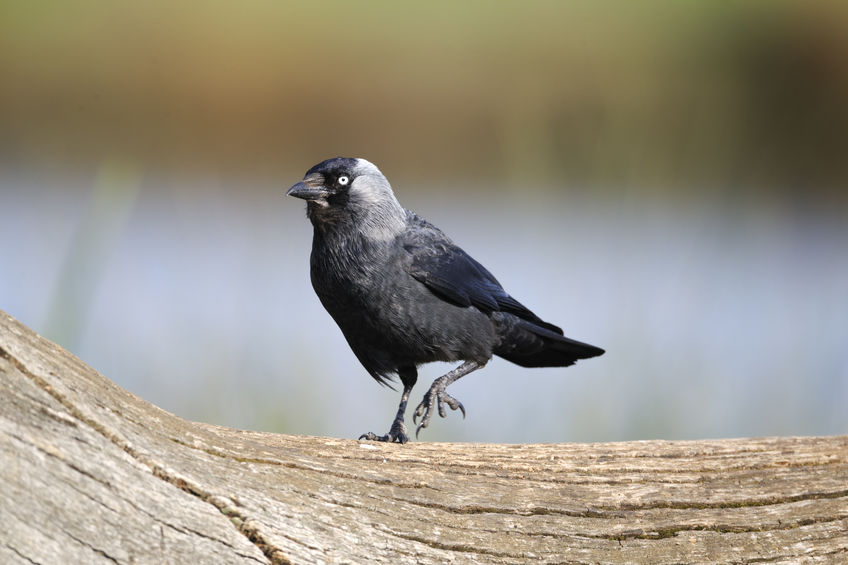
New general licences for the control of wild birds have been announced by Defra, ahead of them coming into force on 1 January 2021.
The new licences GL40, GL41, GL42 will replace the current general licences GL34, GL35 and GL36.
The current licences are set to expire on the 31 December, and the new ones will come into effect from 1 January 2021 for one year.
According to Defra's announcement on Monday (9 November), the licences more clearly define the birds that can be controlled for certain purposes.
For example, jackdaws and rooks will no longer be able to be controlled for conservation purposes as the evidence does not demonstrate that predation has a population-level effect on wild birds, the department said.
Improvements have also been made to the usability and readability of the general licences.
It follows the completion of Defra’s review into the UK's general licensing system, which gathered over 4,000 responses.
Environment Secretary George Eustice said the government wanted to ensure it had a 'long-term system which balanced the needs of users and wildlife'.
"We have taken on feedback to help ensure these new licences are fit for purpose, and will continue to work with stakeholders to ensure our licensing process is robust for wildlife and workable for users going forward," he said.
The three new general licences
WML GL40: General licence to kill or take certain species of wild birds to conserve endangered wild birds and flora or fauna. Species covered: carrion crow, jay, magpie, Canada goose, Egyptian goose, monk parakeet, ring-necked parakeet, sacred ibis, Indian house-crow.
WML GL41: To preserve public health or public safety. Species covered: jackdaw, feral pigeon, Canada goose, monk parakeet.
WML GL42: To prevent serious damage to livestock and crops, and prevent the spread of disease. Species covered: carrion crow, jackdaw, magpie, feral pigeon, rook, woodpigeon, Canada Goose, monk parakeet, ring-necked parakeet, Egyptian goose, Indian House crow.
The licences will once again be available for use on and around protected sites, provided that the user complies with any conditions that apply to that site and has consent from Natural England where needed.
Due to their poorer conservation status, herring gulls and lesser black-backed gulls were taken off the general licences last year, but users can continue to apply to Natural England for an individual licence.
Defra said it would publish the finalised licences, with further detail in two areas - conditions on protected sites and trapping – later this year.
